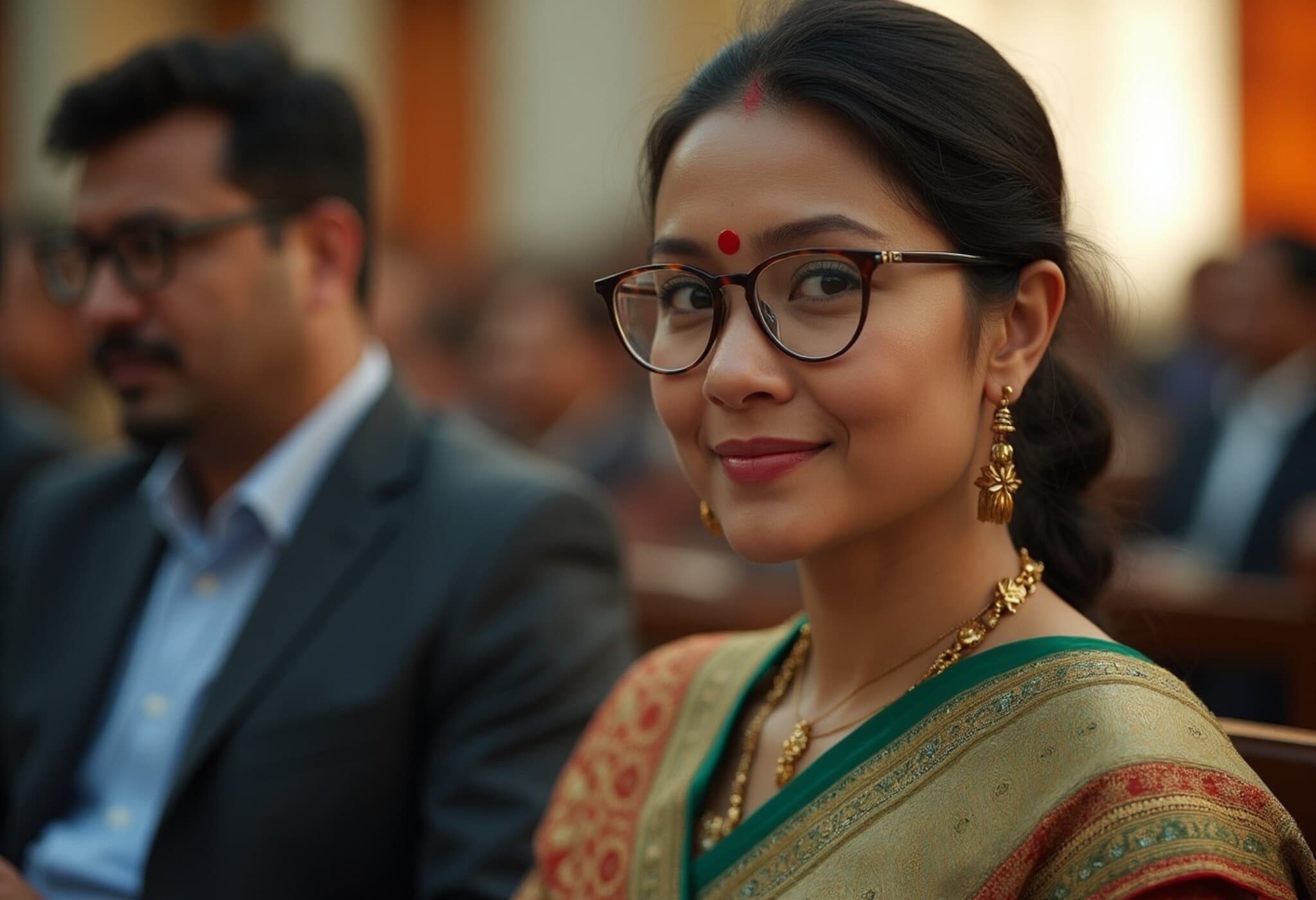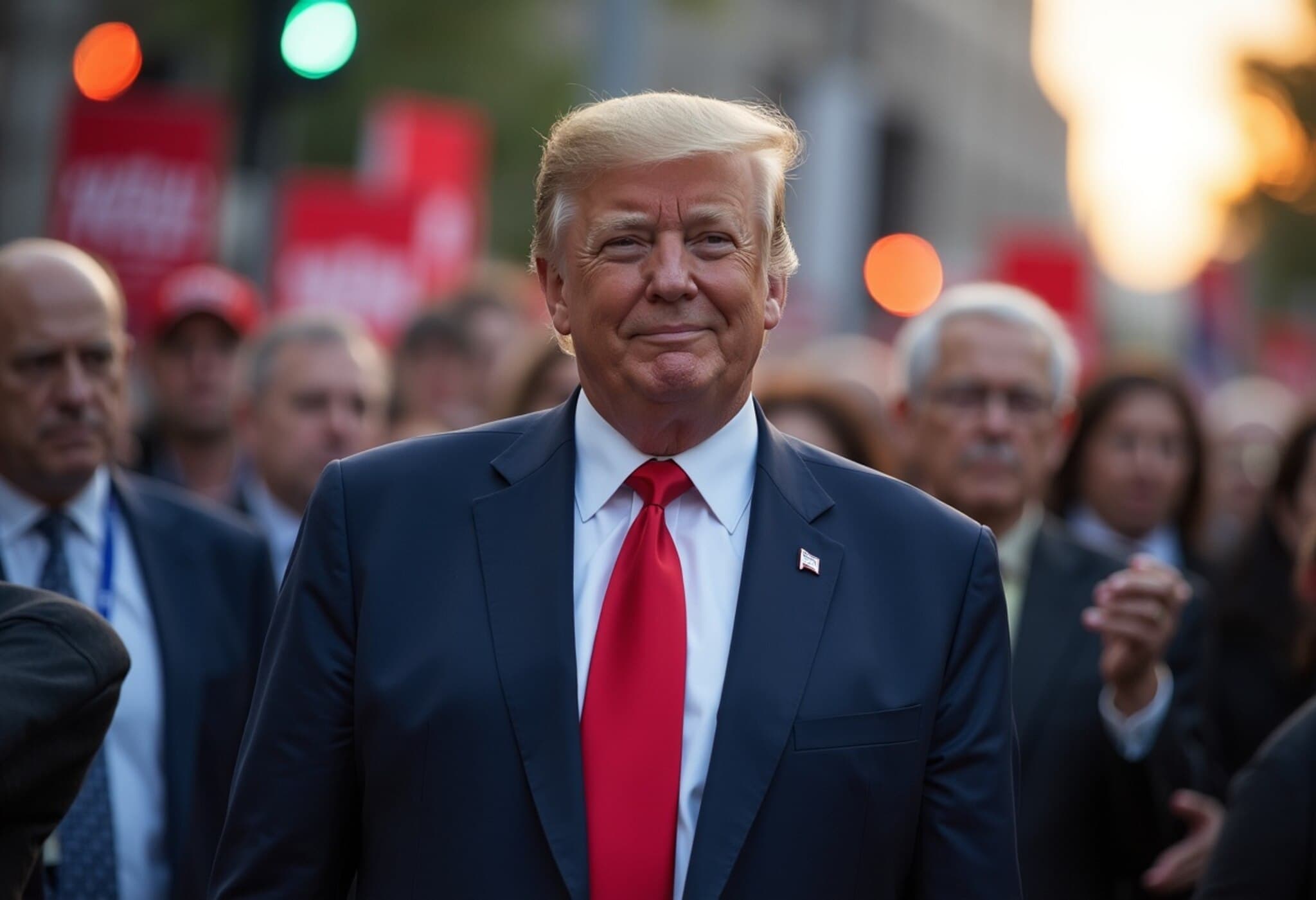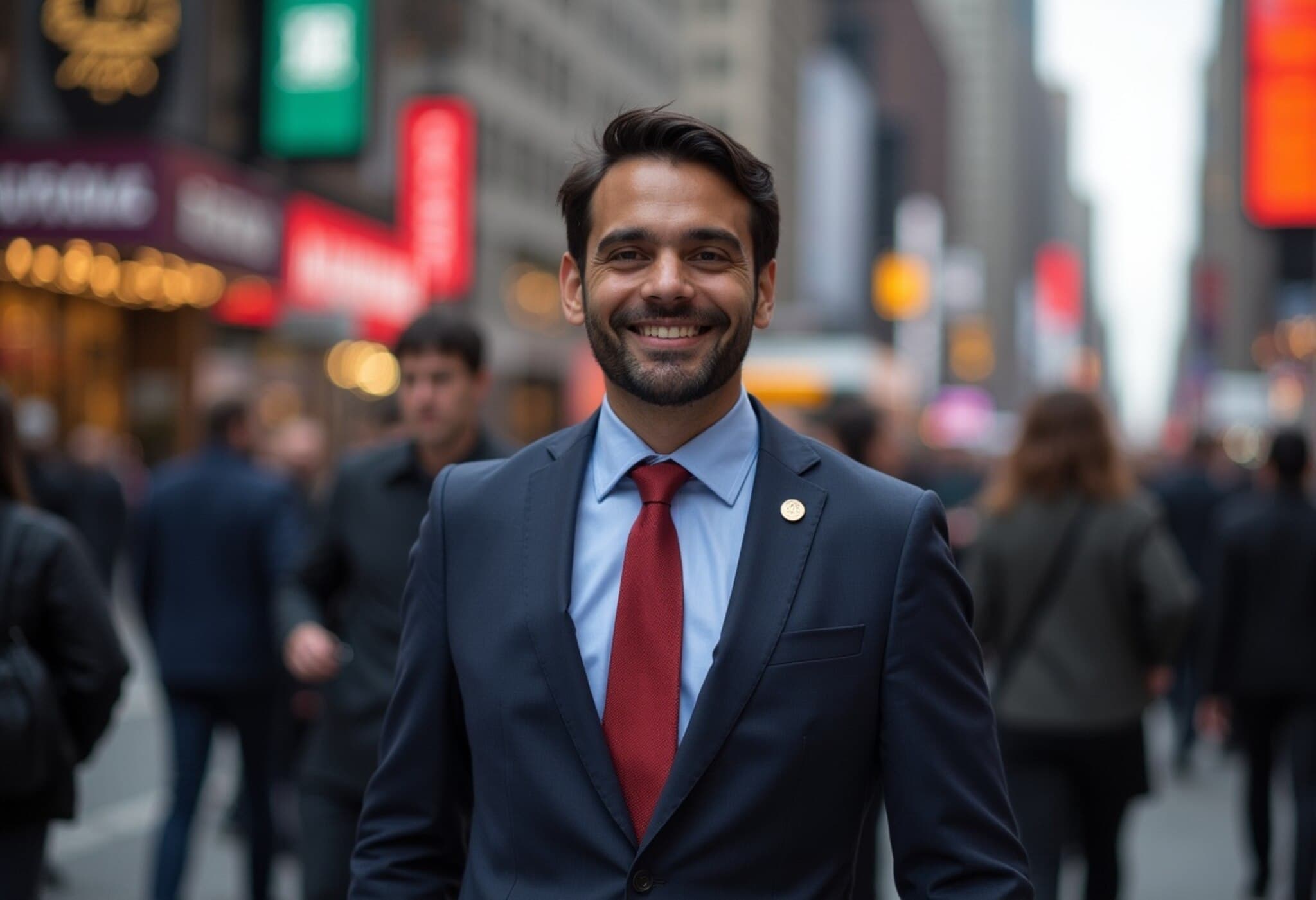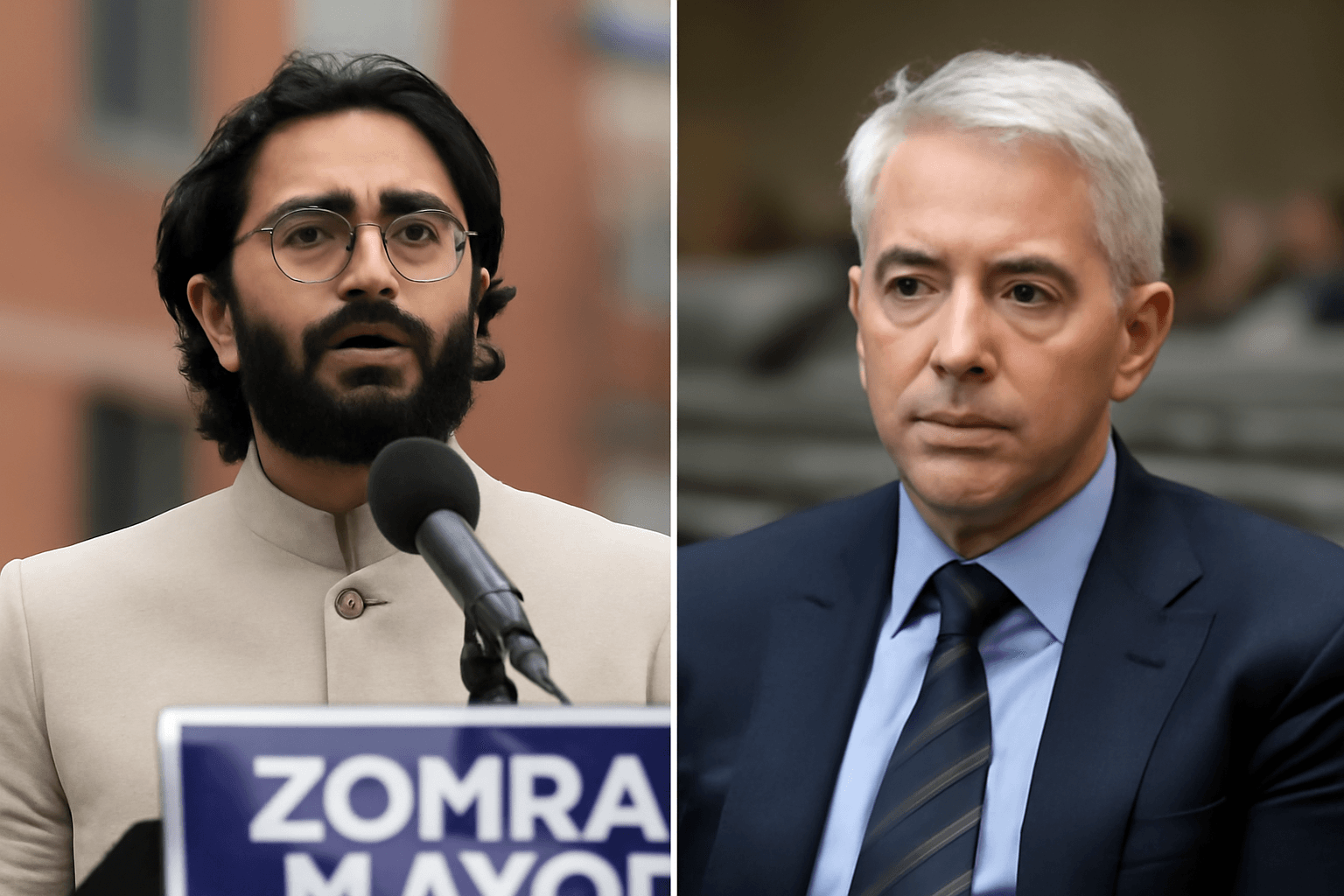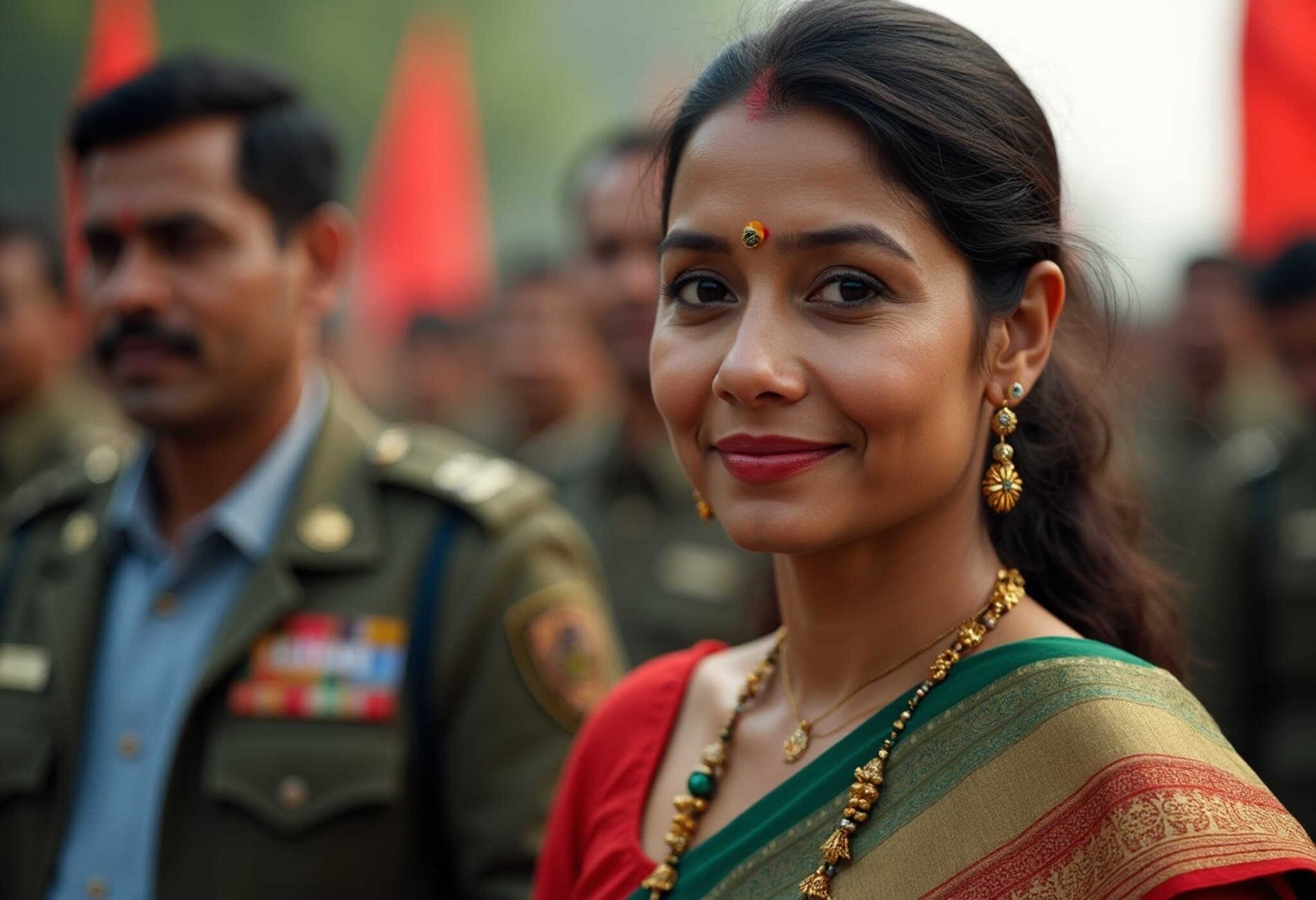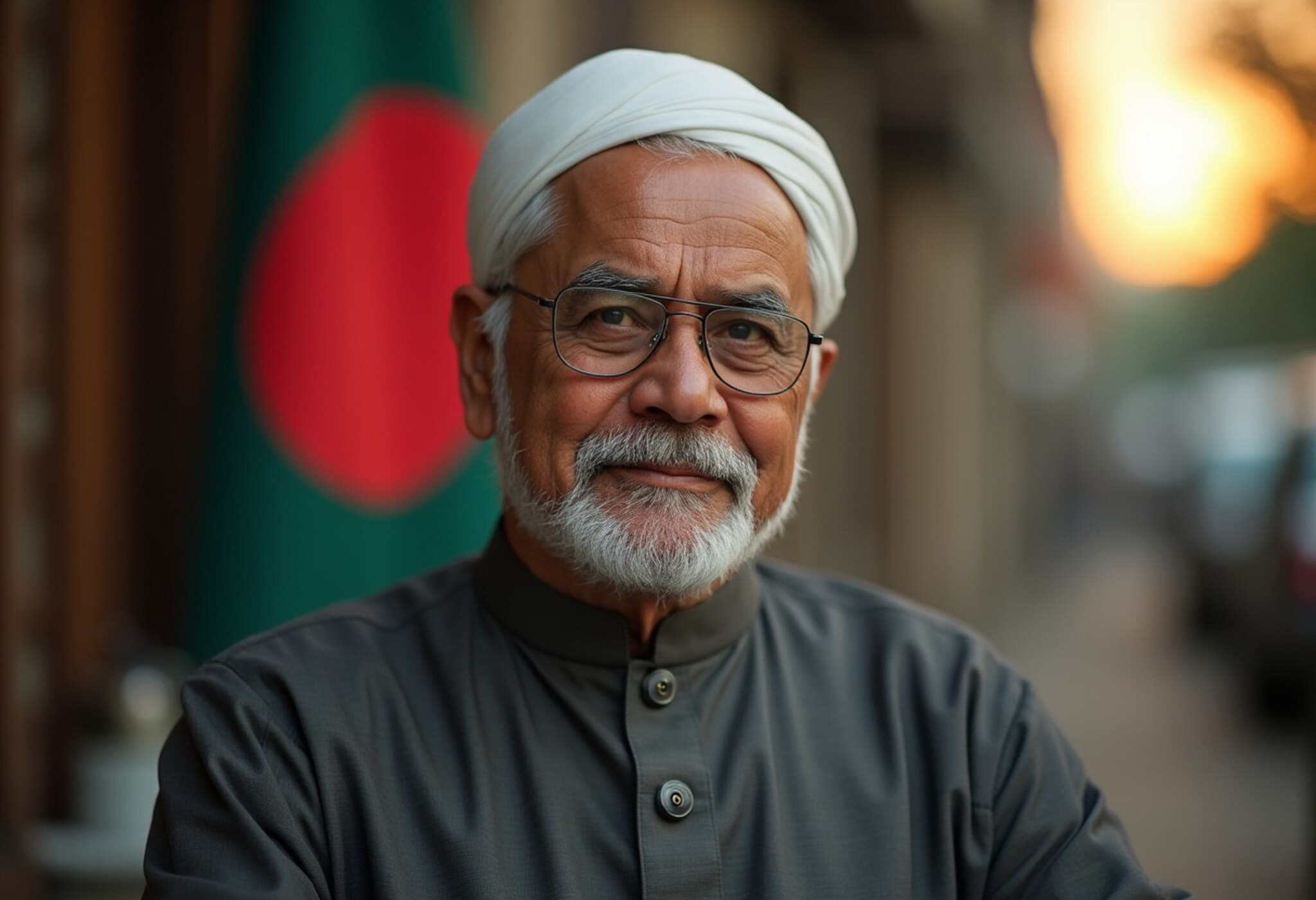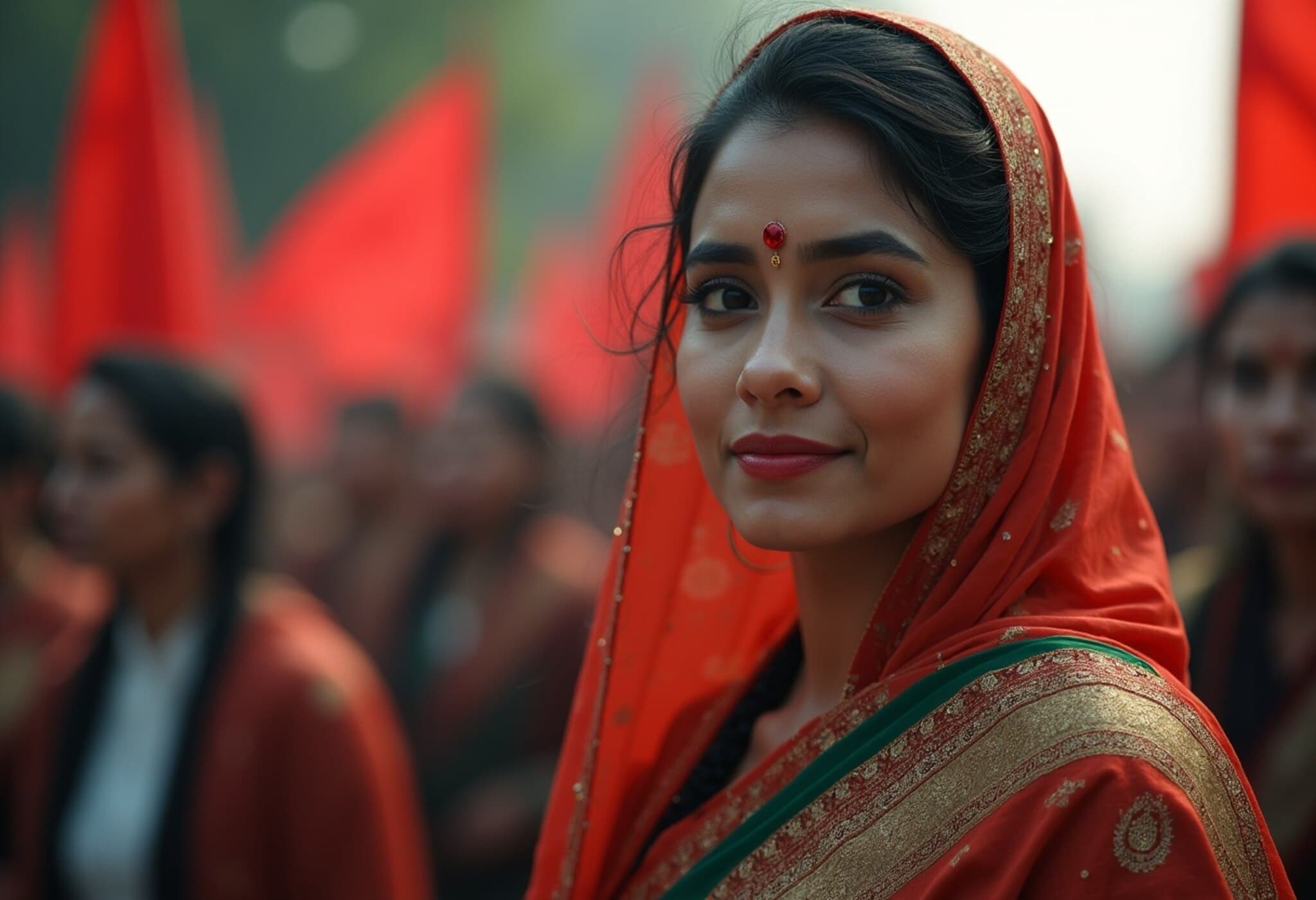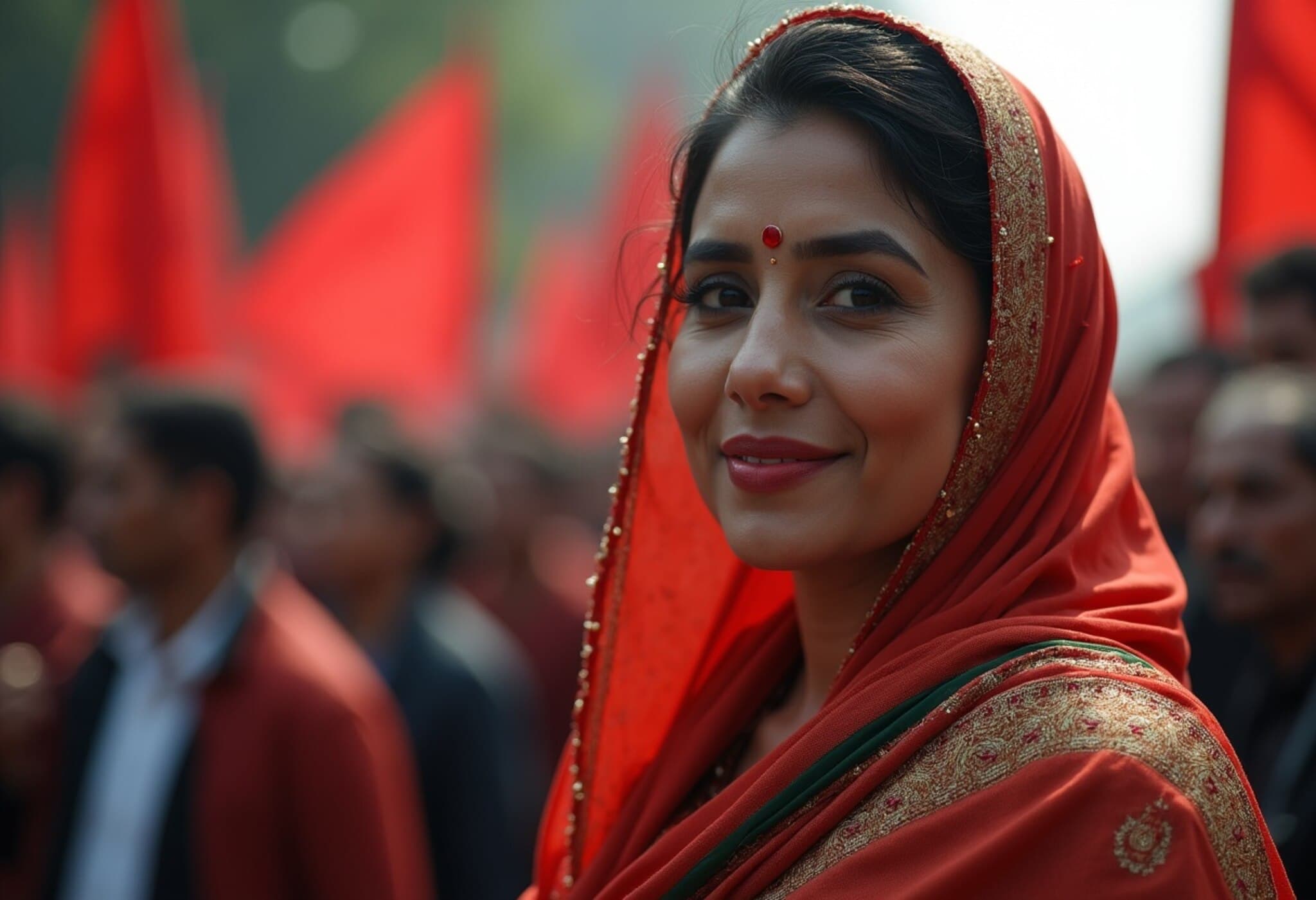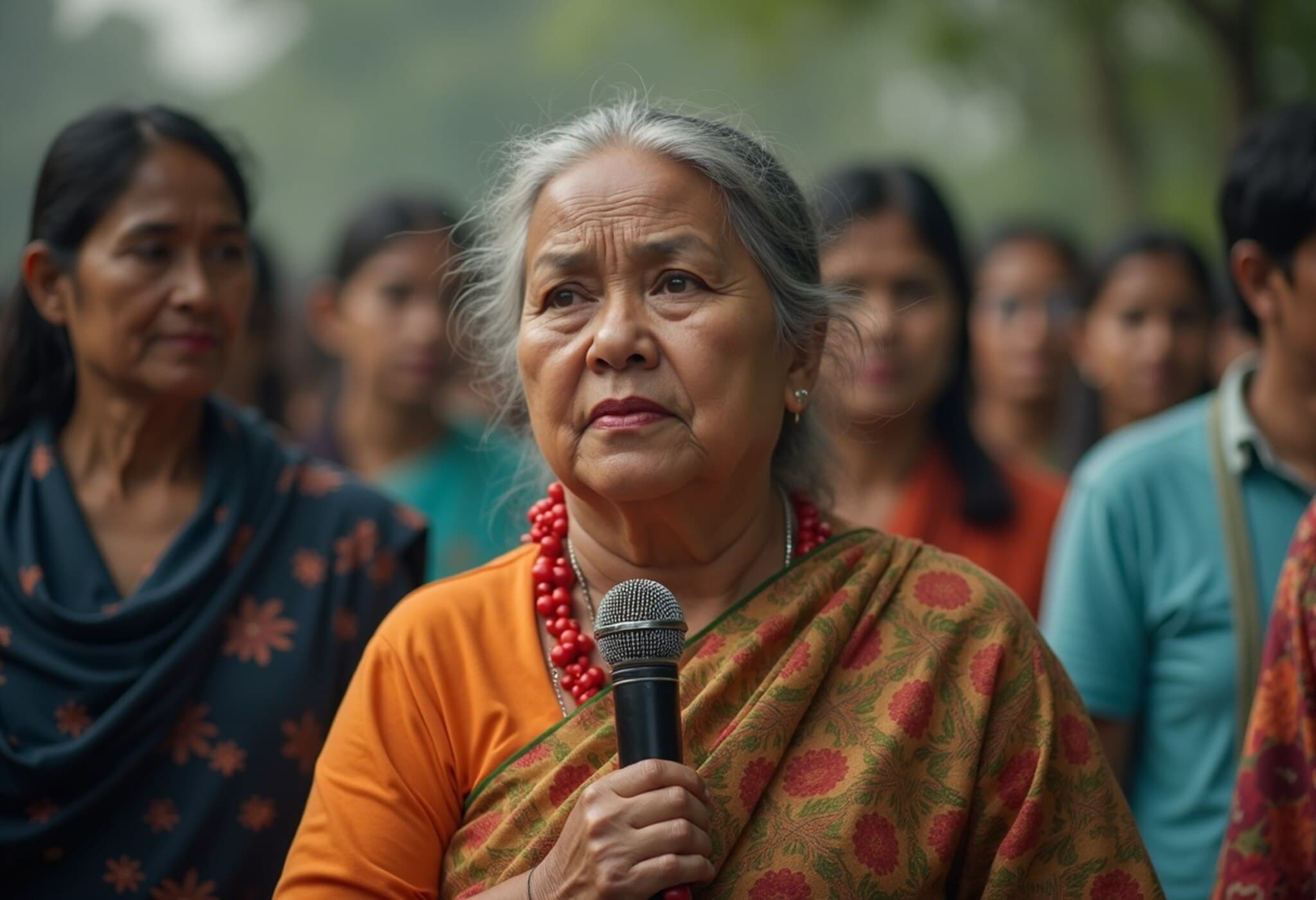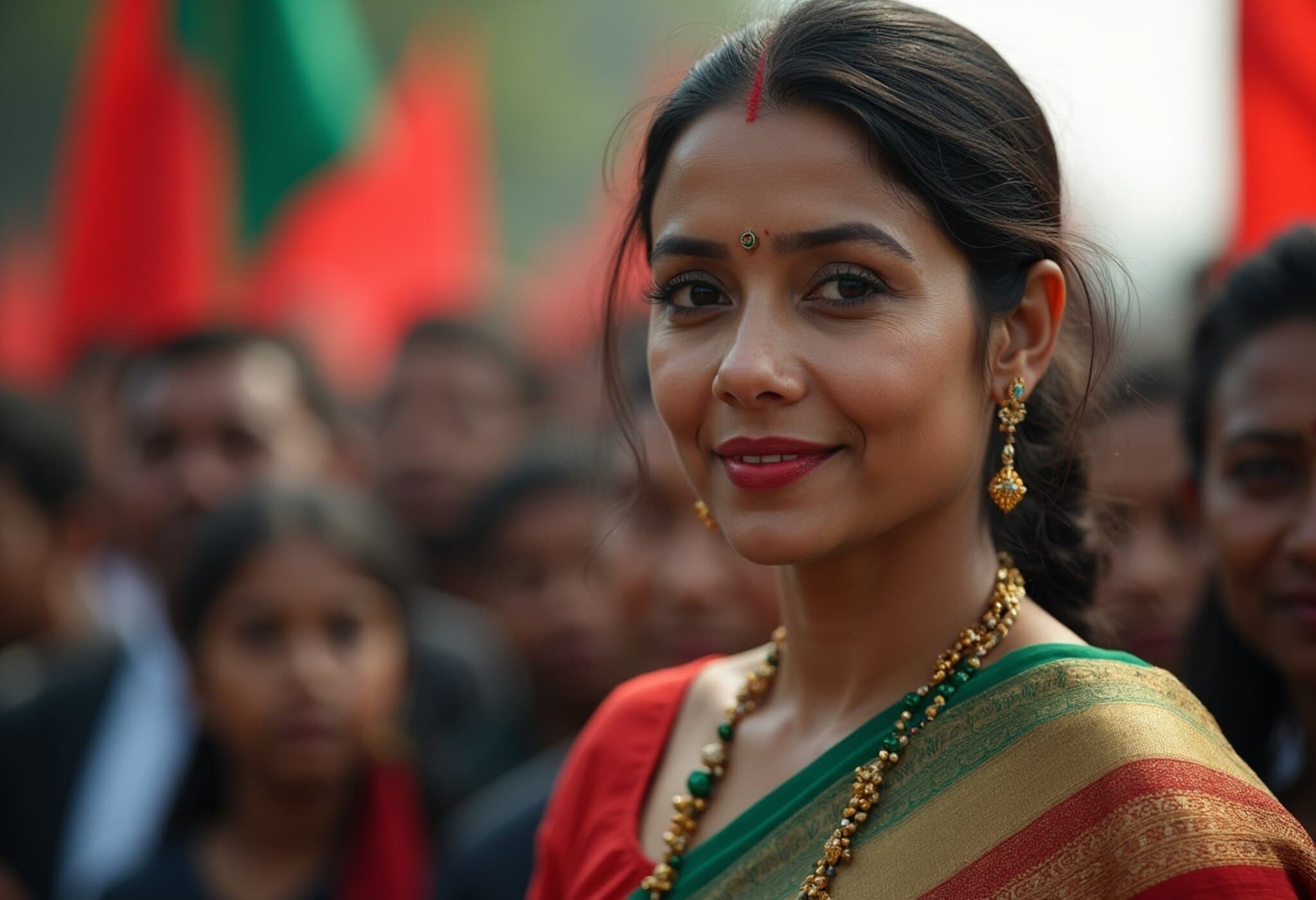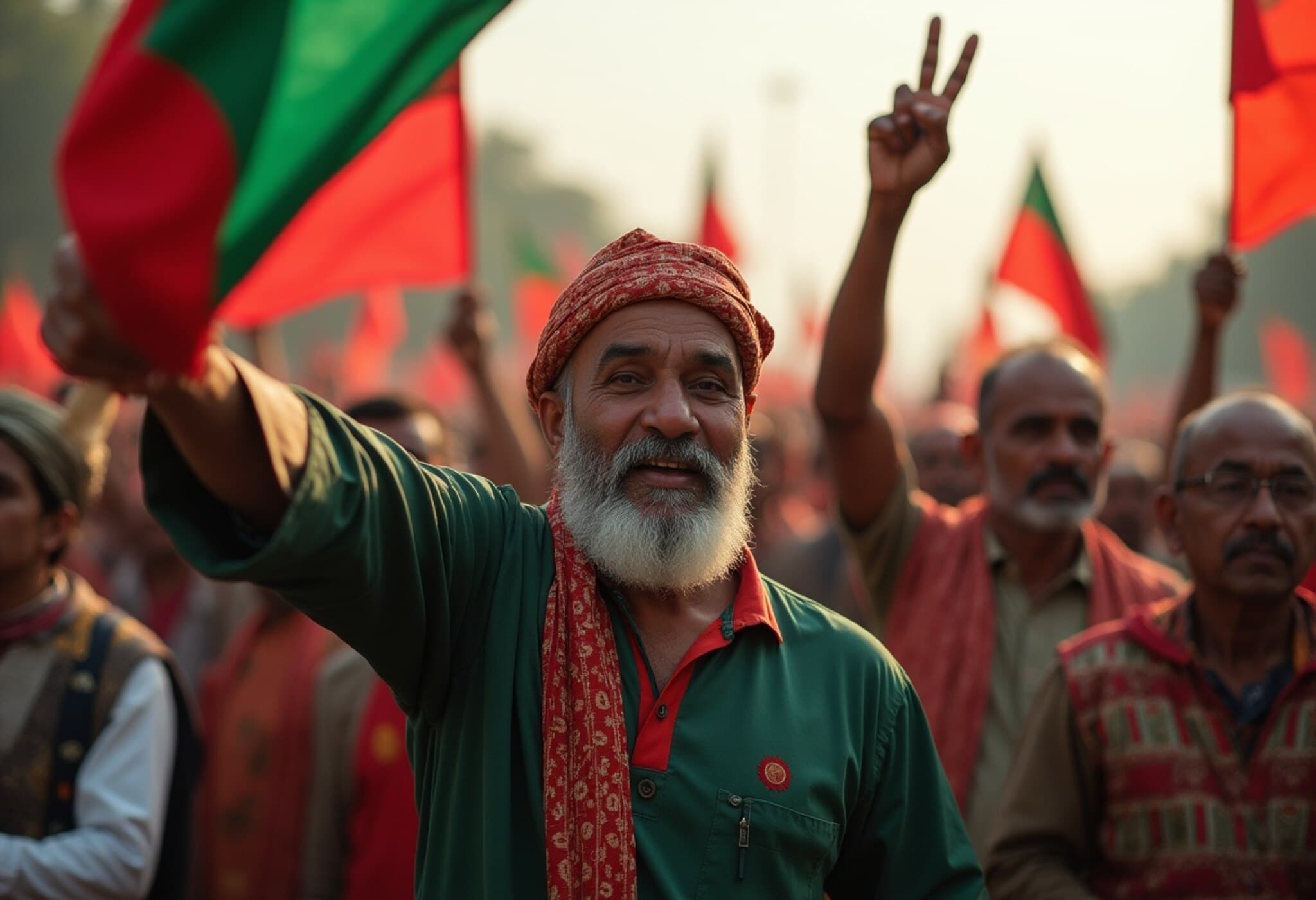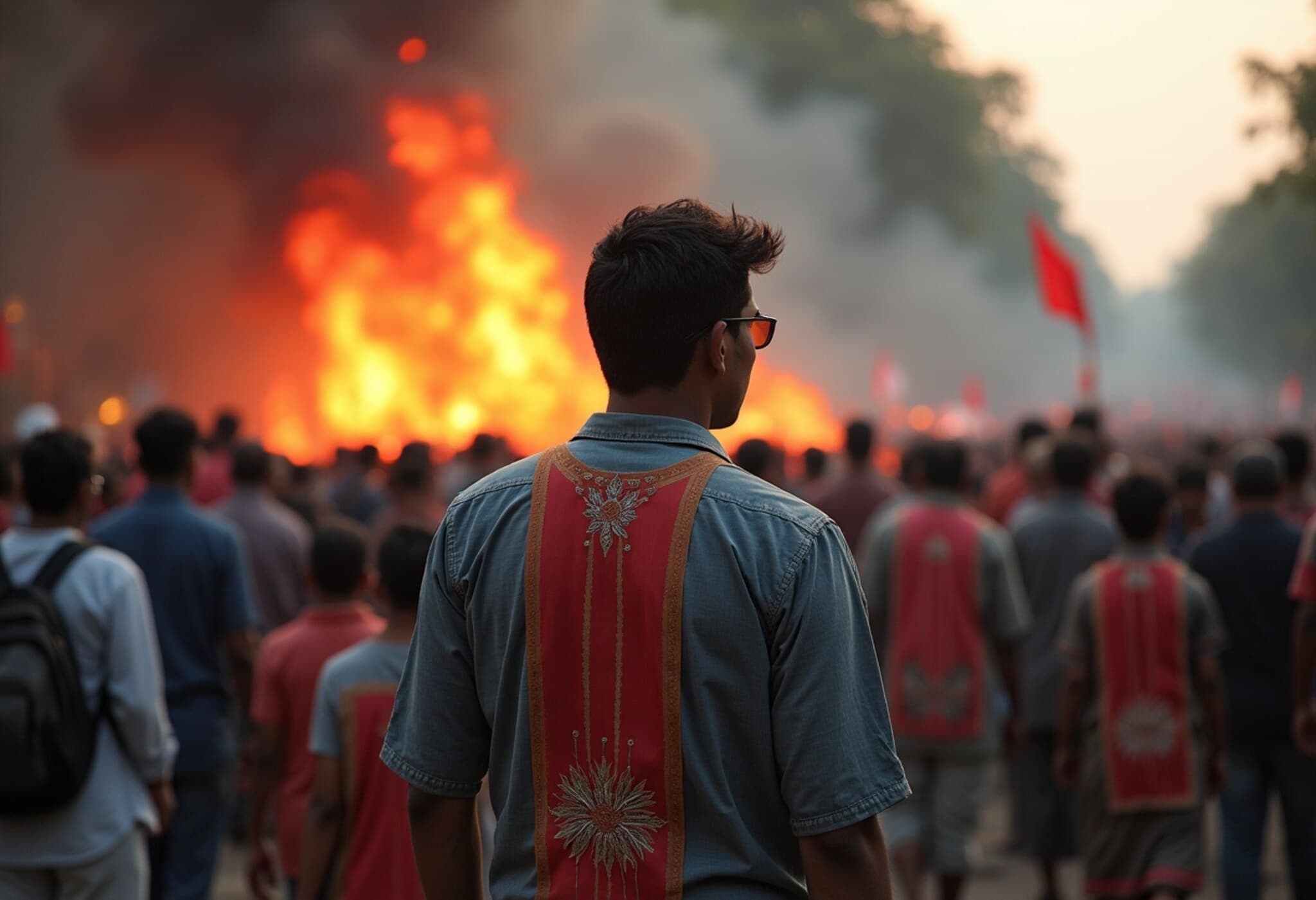Yunus-Led Interim Government Sets Up Panel to Examine Last Three National Elections
In a significant move stirring political discourse, Bangladesh's interim government under Chief Adviser Muhammad Yunus has convened a new five-member commission to scrutinize allegations of electoral manipulation in the national elections held in 2014, 2018, and 2024—contests that saw repeated victories for the ruling Awami League under Sheikh Hasina.
Background and Scope of the Investigation
The commission, announced late on July 29, 2025, through an official Cabinet Division gazette, is tasked with reassessing claims of widespread voting irregularities, voter suppression, and potential breaches of constitutional electoral mandates. This initiative replaces a previously established panel chaired by retired High Court Justice Shamim Hasnain, who continues to lead the reconstituted body alongside key legal and academic figures, including:
- Former Additional Secretary Shamim Al Mamun
- Dhaka University law professor Kazi Mahfuzul Haque Supan
- Advocate Barrister Tajrian Akram Hossain from Dhaka District and Sessions Judge Court
- Election expert Dr. Md Abdul Alim
The commission's mandate is not only to investigate but also to propose comprehensive reforms aimed at fortifying the democratic process and ensuring future elections embody credibility and inclusive participation. Notably, the deadline for their final report has been extended by a month, now due by October 31, providing additional time to delve deeply into complex electoral issues.
Controversies Surrounding Bangladesh’s Elections
The elections under review have attracted intense domestic and international criticism. Numerous observers and opposition groups have raised concerns about constitutional violations, alleging that these contests failed to uphold the principle of governance through freely elected representatives — a cornerstone of democratic legitimacy. These criticisms encompass claims of voter intimidation, manipulation of voter rolls, and the use of state machinery to influence outcomes.
Political Climate and Crackdown on Opposition
Set against this backdrop, Bangladesh has witnessed a tightening grip on political dissent. Since Muhammad Yunus assumed interim leadership, critics argue that the government has intensified its crackdown on opposition figures, particularly targeting supporters of Sheikh Hasina and her Awami League party. Human Rights Watch (HRW) and other international watchdogs have voiced alarm over recent government actions.
In May 2025, the interim government enacted a temporary ban on the Awami League, leveraging recently expanded powers under an amended Anti-Terrorism Act. This ban restricts party activities until ongoing trials against party leaders conclude, effectively suspending the main opposition force for an indeterminate period.
HRW deputy Asia director Meenakshi Ganguly underscored the risks: "While the previous government abused legal frameworks to silence opposition, this retaliatory suppression against Awami League supporters undermines the very freedoms Bangladesh seeks to uphold." This warning spotlights the fragile balance between legal enforcement and democratic norms in Bangladesh's evolving political landscape.
Implications for Bangladesh’s Democratic Future
This investigation and the broader political maneuvers prompt urgent questions about the state of democracy in Bangladesh. Can the interim government’s electoral probe genuinely restore public trust and help reset democratic governance, or does it risk deepening polarization? Furthermore, how will continued constraints on political freedoms impact Bangladesh's regional and global standing as a vibrant democracy?
Legal experts note that transparent, impartial inquiry mechanisms are paramount to healing democratic deficits. However, skepticism remains regarding the panel’s independence, given its members’ close affiliations with the current regime.
Looking Ahead: What to Watch
- The commission's final report and its recommendations could reshape election laws and practices significantly.
- Domestic and international responses to the repressive measures against opposition parties will influence Bangladesh’s diplomatic relations and foreign aid prospects.
- Public sentiment and civil society activism may evolve as political freedoms face ongoing challenges.
Editor’s Note
Bangladesh stands at a critical crossroads. The newly formed electoral investigation panel offers a window of opportunity to address longstanding grievances surrounding election legitimacy. Yet, this comes amid a backdrop of tightening political control and suppression of dissent, raising concerns about true democratic renewal. Readers should watch closely how these developments unfold, as they will not only determine domestic political stability but also Bangladesh’s broader trajectory toward accountable governance.

